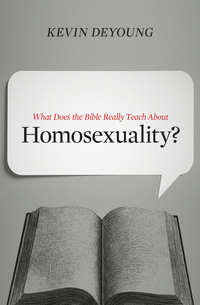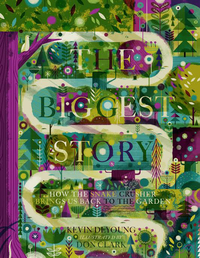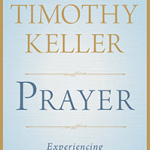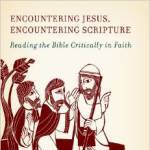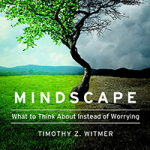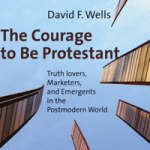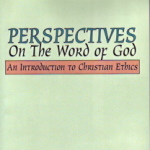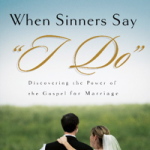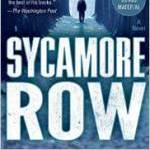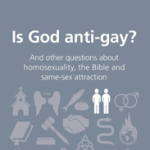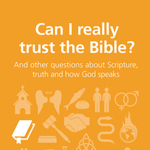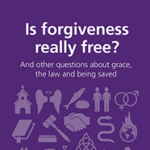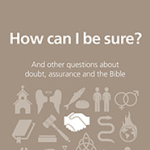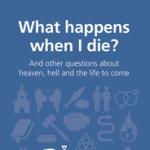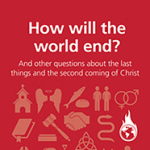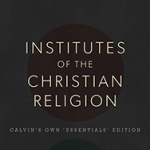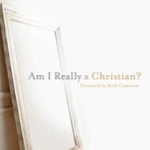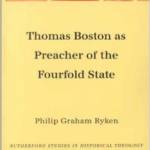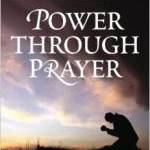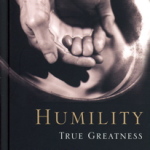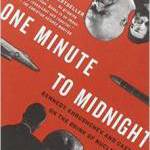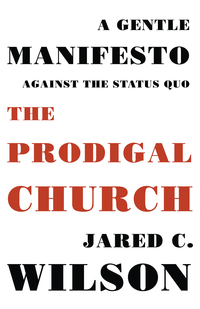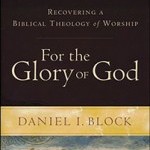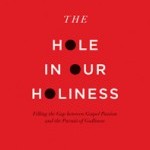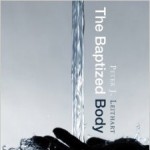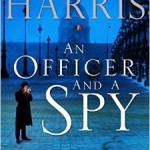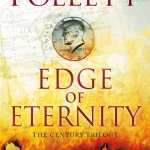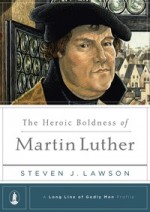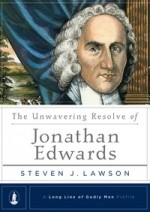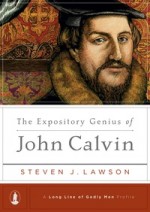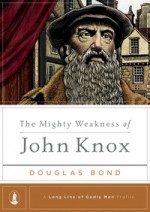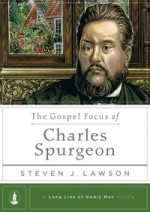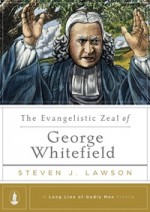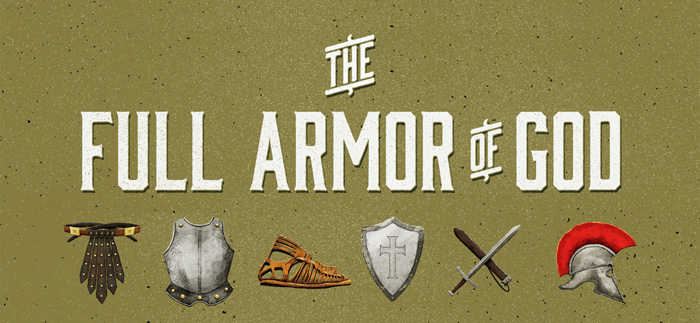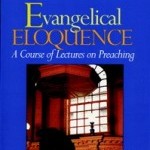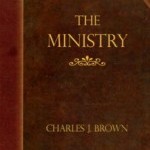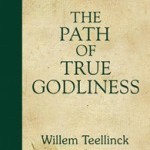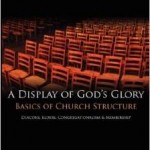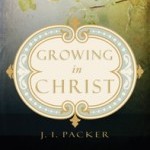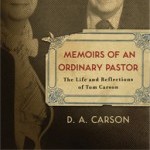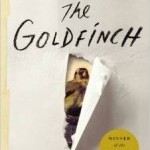I love to read. By God’s grace I am a pretty fast reader; I usually read a couple books each week. I find it helpful to summarize my thoughts on each book and I offer those thoughts in the hope that you will be encouraged to either read or pass over the given title.
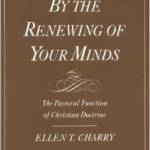 By the Renewing of Your Minds: The Pastoral Function of Christian Doctrine by Ellen Charry. Charry decries the dichotomization of knowledge as either “insight-oriented” or “practice-oriented” that now typifies modern theology. She believes three primary figures perpetuated this decline: John Locke, David Hume, and Immanuel Kant. Their contributions stand in direct opposition to major figures of classical theology who “based their understanding of human excellence on knowing and loving God, the imitation of or assimilation to whom brings proper human dignity and flourishing” (18). The bulk of Charry’s work is taken up with an analysis of nine theologians – ranging from Paul to Athanasius to Dame Julian to Calvin – and their “artegenic” (conducive to virtue) theology. While I would quibble with some of her evaluations of the representative theologians, I can’t question her dominant burden, which says our theologizing must have an undeniable pastoral thrust.
By the Renewing of Your Minds: The Pastoral Function of Christian Doctrine by Ellen Charry. Charry decries the dichotomization of knowledge as either “insight-oriented” or “practice-oriented” that now typifies modern theology. She believes three primary figures perpetuated this decline: John Locke, David Hume, and Immanuel Kant. Their contributions stand in direct opposition to major figures of classical theology who “based their understanding of human excellence on knowing and loving God, the imitation of or assimilation to whom brings proper human dignity and flourishing” (18). The bulk of Charry’s work is taken up with an analysis of nine theologians – ranging from Paul to Athanasius to Dame Julian to Calvin – and their “artegenic” (conducive to virtue) theology. While I would quibble with some of her evaluations of the representative theologians, I can’t question her dominant burden, which says our theologizing must have an undeniable pastoral thrust.
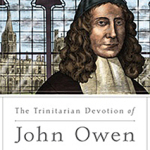 The Trinitarian Devotion of John Owen by Sinclair Ferguson. I love Reformation Trust’s “Long Line of Godly Men Series.” Every volume is simple and heart-searching. Once I saw that the latest volume featured Sinclair Ferguson on John Owen I rushed to grab a copy. Few theologians are as worth the slog of study as John Owen; his teaching is profound and scales theological summits precious few have ever reached. And if anyone is going to introduce the Prince of Puritans to a wider audience I would want it to be Ferguson. He has a brilliant understanding of Owen and the communicative tools necessary to make the Prince accessible to an average church member. The Trinitarian Devotion of John Owen begins with a wonderful – and brief – biography of the titular figure. Then rest of the book then functions as Ferguson’s summary of Owen’s timeless Communion with the Triune God. This is a great invitation into the mind that had unusual insight into the Christian’s delight in God.
The Trinitarian Devotion of John Owen by Sinclair Ferguson. I love Reformation Trust’s “Long Line of Godly Men Series.” Every volume is simple and heart-searching. Once I saw that the latest volume featured Sinclair Ferguson on John Owen I rushed to grab a copy. Few theologians are as worth the slog of study as John Owen; his teaching is profound and scales theological summits precious few have ever reached. And if anyone is going to introduce the Prince of Puritans to a wider audience I would want it to be Ferguson. He has a brilliant understanding of Owen and the communicative tools necessary to make the Prince accessible to an average church member. The Trinitarian Devotion of John Owen begins with a wonderful – and brief – biography of the titular figure. Then rest of the book then functions as Ferguson’s summary of Owen’s timeless Communion with the Triune God. This is a great invitation into the mind that had unusual insight into the Christian’s delight in God.
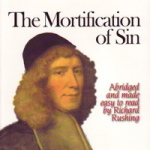 The Mortification of Sin by John Owen. A couple weeks ago I mentioned how CJ Mahaney’s Humility is one of two books I feel I must reread every year. Owen’s The Mortification of Sin is the other one. In fact, if I could get every Christian to read only one book outside of Scripture it would be this masterpiece from the Prince. His understanding of sin’s contagious nature and power is unmatched. And his application of truth to the believer’s sin-slaying work is, at certain points, breathtaking. If you read one book the rest of this year, make it Owen’s classic. I promise your soul will say, “Thank you.”
The Mortification of Sin by John Owen. A couple weeks ago I mentioned how CJ Mahaney’s Humility is one of two books I feel I must reread every year. Owen’s The Mortification of Sin is the other one. In fact, if I could get every Christian to read only one book outside of Scripture it would be this masterpiece from the Prince. His understanding of sin’s contagious nature and power is unmatched. And his application of truth to the believer’s sin-slaying work is, at certain points, breathtaking. If you read one book the rest of this year, make it Owen’s classic. I promise your soul will say, “Thank you.”
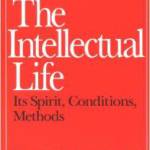 The Intellectual Life: It’s Spirit, Conditions, Methods by A.P. Sertillanges. Antonin-Gilbert Sertillanges was an influential French Catholic of the Dominican order in the late 1800s to early 1900s. In the preface to The Intellectual Life Sertillanges asks, “Do you want to do intellectual work? Begin by creating within you a zone of silence, a habit of recollection, a will to renunciation and detachment which puts you entirely at the disposal of the work” (xviii). That simple sentence gives a good sense of what Setillanges believes a fruitful intellectual life requires: solitude, ardent concentration, and immovable devotion. He summons students and professors to a kind of academic devotion not unlike a conqueror of a barbarian horde. In Sertillanges mind, that horde is research and understanding. The intellectual must have heroic focus to conquer the work of study to which he is committed. I loved this book for many reasons, most centrally for its pithiness and practicality. Zingers about throughout and Sertillanges offers counsel on everything from how to best use one’s time, choose the best book, cultivate a lively memory, and collect and classify notations from one’s research. Sertillanges also promises the reader much as his final sentence says, “If you will do [everything I’ve recommended], you will bear fruit and will attain what you desire.” His certainty may sound pretentious, but I think he’s right. The Intellectual Life ought to be a ready for anyone interested in scholarship.
The Intellectual Life: It’s Spirit, Conditions, Methods by A.P. Sertillanges. Antonin-Gilbert Sertillanges was an influential French Catholic of the Dominican order in the late 1800s to early 1900s. In the preface to The Intellectual Life Sertillanges asks, “Do you want to do intellectual work? Begin by creating within you a zone of silence, a habit of recollection, a will to renunciation and detachment which puts you entirely at the disposal of the work” (xviii). That simple sentence gives a good sense of what Setillanges believes a fruitful intellectual life requires: solitude, ardent concentration, and immovable devotion. He summons students and professors to a kind of academic devotion not unlike a conqueror of a barbarian horde. In Sertillanges mind, that horde is research and understanding. The intellectual must have heroic focus to conquer the work of study to which he is committed. I loved this book for many reasons, most centrally for its pithiness and practicality. Zingers about throughout and Sertillanges offers counsel on everything from how to best use one’s time, choose the best book, cultivate a lively memory, and collect and classify notations from one’s research. Sertillanges also promises the reader much as his final sentence says, “If you will do [everything I’ve recommended], you will bear fruit and will attain what you desire.” His certainty may sound pretentious, but I think he’s right. The Intellectual Life ought to be a ready for anyone interested in scholarship.
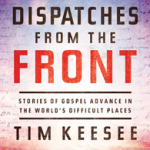 Dispatches from the Front: Stories of Gospel Advance in the World’s Difficult Places by Tim Keesee. In many areas this book met the expectations I came into it with. I expected to be moved by Keesee’s stories of God’s work among the nations, and Dispatches from the Front often got the tear-ducts flowing. I love it when a book broadens my, often too narrow, western worldview. Stories of God’s sovereign, global grace never cease to move the soul. But what I didn’t expect from Keesee’s work is its beautiful prose. Keesee clearly has a gift with language and his language alone powerfully moves one’s affections. Highly recommended!
Dispatches from the Front: Stories of Gospel Advance in the World’s Difficult Places by Tim Keesee. In many areas this book met the expectations I came into it with. I expected to be moved by Keesee’s stories of God’s work among the nations, and Dispatches from the Front often got the tear-ducts flowing. I love it when a book broadens my, often too narrow, western worldview. Stories of God’s sovereign, global grace never cease to move the soul. But what I didn’t expect from Keesee’s work is its beautiful prose. Keesee clearly has a gift with language and his language alone powerfully moves one’s affections. Highly recommended!
 How to Write a Lot: A Practical Guide to Academic Writing by Paul Silvia. From the very outset of his work Dr. Paul Silvia writes, “How to Write a Lot isn’t a scholarly book – it’s a lighthearted, personal, practical book for a scholarly audience” (xi). He knows many post-graduates students and professors find writing to be a difficult task. Many want to publish, but never seem to get their writing wheels churning. Even those that do write with some proficiency often find writing to be a boorish responsibility. Silvia says, “How to Write a Lot is about becoming a reflective disciplined writer – it isn’t about cranking out fluff, publishing second-rate material for the sake of amassing publications, or turning a crisp journal article in to an exegetical exposition” (3). This simple book does exactly what it sets out to do: offer winsome advice for picking up one’s proverbial pen and putting it to work. His counsel is nothing unusual – set a schedule for writing, learn how to write good words and sentences, understand the publishing industry – but it’s still helpful.
How to Write a Lot: A Practical Guide to Academic Writing by Paul Silvia. From the very outset of his work Dr. Paul Silvia writes, “How to Write a Lot isn’t a scholarly book – it’s a lighthearted, personal, practical book for a scholarly audience” (xi). He knows many post-graduates students and professors find writing to be a difficult task. Many want to publish, but never seem to get their writing wheels churning. Even those that do write with some proficiency often find writing to be a boorish responsibility. Silvia says, “How to Write a Lot is about becoming a reflective disciplined writer – it isn’t about cranking out fluff, publishing second-rate material for the sake of amassing publications, or turning a crisp journal article in to an exegetical exposition” (3). This simple book does exactly what it sets out to do: offer winsome advice for picking up one’s proverbial pen and putting it to work. His counsel is nothing unusual – set a schedule for writing, learn how to write good words and sentences, understand the publishing industry – but it’s still helpful.
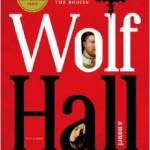 Wolf Hall by Hilary Mantel. A few years ago someone, who knew my love for historical novels said, “Oh, you have to read Mantel’s Wolf Hall!” Wolf Hall is Mantel’s fictional portrayal of Henry VIII’s turbulent, soap-opera like court. Thomas Cromwell plays the protagonist role in this recounting of those seminal days in British history, and really, world history as England broke ties with Rome. Other notable figures such as Thomas More, Cardinal Wolsey, Anne Boleyn, and King Henry himself inhabit the story. I wanted to like this story, but I found Mantel’s literary style (which many call dazzling and magnificent in its art) obstructive to what could have been an engrossing read. This is just my personal perspective and one that many might say reveals my artistic deficiencies. It did win the Man Booker Prize after all! But, for me, Mantel’s literary style feels episodic, detached, and often profuse in detail. This results in a storyline that repeatedly loses steam just as you think it’s going to take off.
Wolf Hall by Hilary Mantel. A few years ago someone, who knew my love for historical novels said, “Oh, you have to read Mantel’s Wolf Hall!” Wolf Hall is Mantel’s fictional portrayal of Henry VIII’s turbulent, soap-opera like court. Thomas Cromwell plays the protagonist role in this recounting of those seminal days in British history, and really, world history as England broke ties with Rome. Other notable figures such as Thomas More, Cardinal Wolsey, Anne Boleyn, and King Henry himself inhabit the story. I wanted to like this story, but I found Mantel’s literary style (which many call dazzling and magnificent in its art) obstructive to what could have been an engrossing read. This is just my personal perspective and one that many might say reveals my artistic deficiencies. It did win the Man Booker Prize after all! But, for me, Mantel’s literary style feels episodic, detached, and often profuse in detail. This results in a storyline that repeatedly loses steam just as you think it’s going to take off.
Click here to find other entries in the Recent Reads series.

